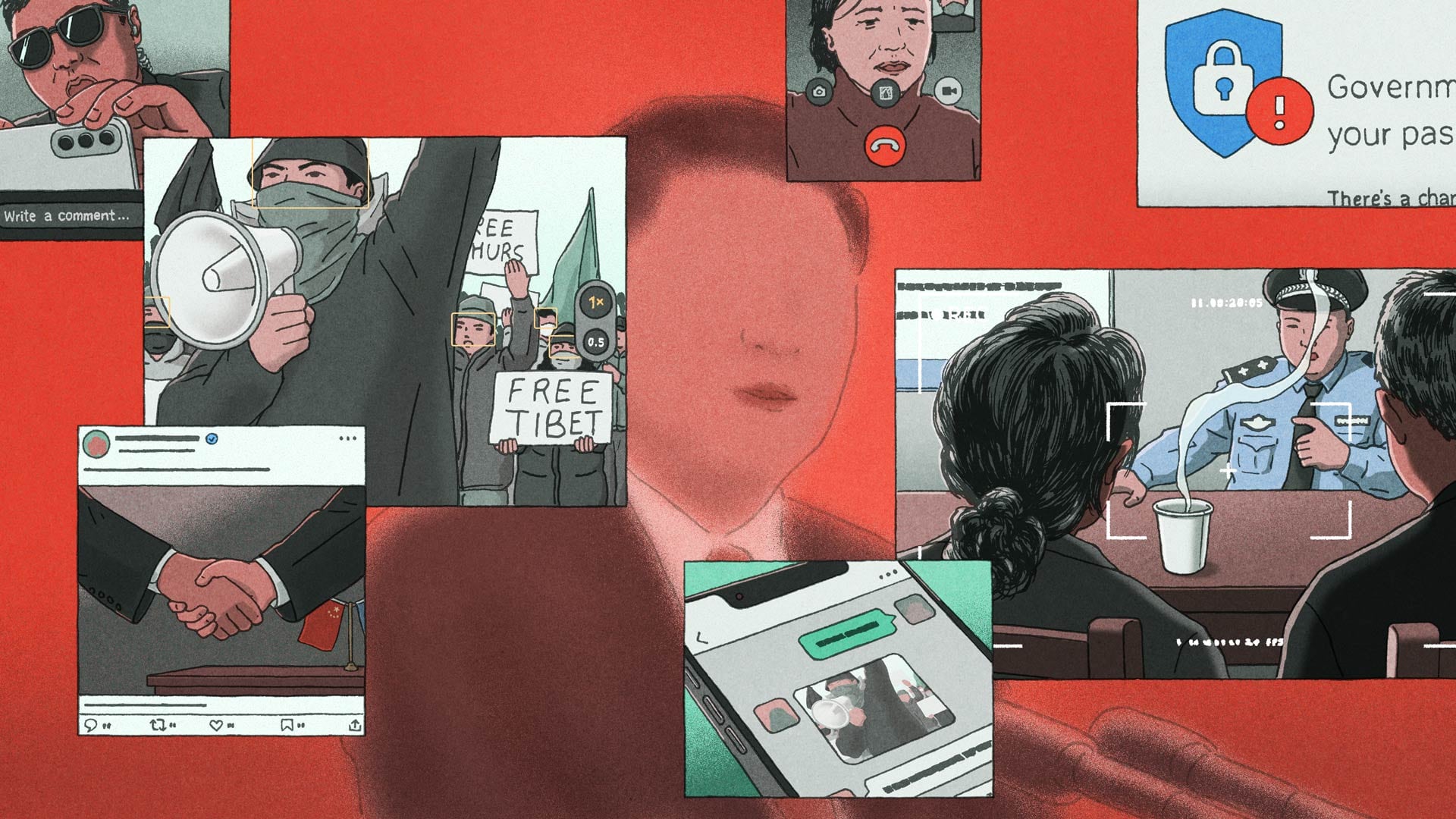DHARAMSALA, India — Hundreds of Tibetans gathered on Friday at the Main Temple in Dharamsala, India to offer prayers to mark 49 days since the death of Tulku Hungkar Dorje – the revered Tibetan religious leader and educator who died in custody in Vietnam in March 2025.
His followers say the Buddhist leader, who had been missing for over eight months, had fled to Vietnam to escape Chinese government persecution for his work as an educator and promoter of Tibetan language and culture.
Tulku Hungkar Dorje, who was the 10th abbot of Lung Ngon Monastery in Gade county in Golog, died, aged 56, on March 29, 2025, in Vietnam’s Ho Chi Minh City, his monastery said in a statement. Chinese authorities forbid the monastery and local residents from holding public memorial services and prayers for the abbot, sources told RFA.
The 49th day prayer service is particularly significant in Tibetan Buddhism as it marks the end of bardo, or the period between death and rebirth. Elaborate rituals and prayer offerings are made to guide the consciousness of the deceased through bardo and into rebirth.
Rights groups and various Tibetan associations, including the Dhomay Cholka Association which is a non-governmental organization representing Tibetans from the historical Amdo region, have decried the mysterious circumstances surrounding his death while he was in Chinese custody in Vietnam and have called for an independent probe.
A separate memorial service – titled ‘Tulku Hungkar Dorje Lives’ and organized by Tibetan rights groups – was held later that same day in Dharamsala to pay tribute to the Buddhist leader’s lifelong contributions as a religious teacher, philanthropist, educator, and environmentalist.
At the event, Tibetan scholars, activists, and former political prisoners highlighted Tulku Hungkar Dorje’s relentless efforts in ensuring the preservation of Tibetan language, culture, and religion, and vowed to continue to urge the Vietnamese government to allow a transparent and impartial investigation into the circumstances surrounding his death.
Edited by Tenzin Pema and Mat Pennington

